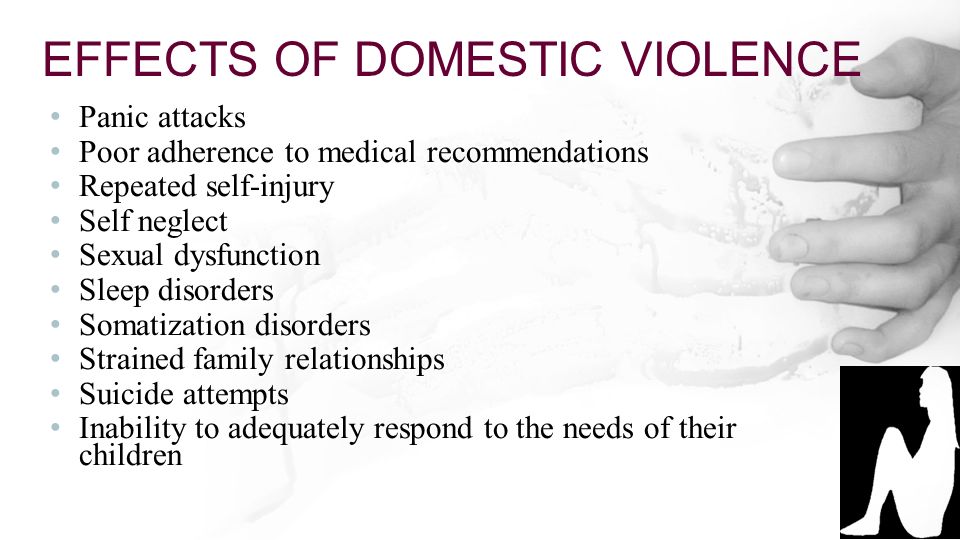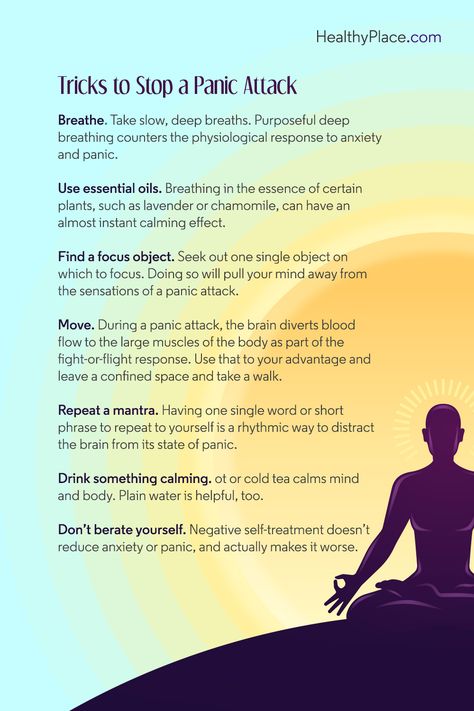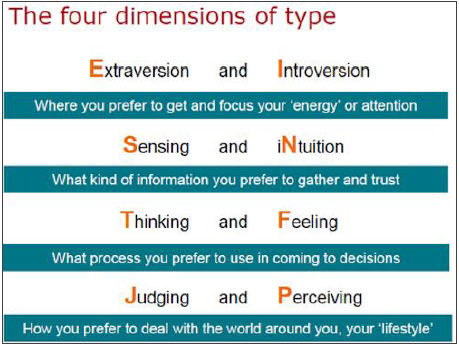What to do if nervous
15 simple, quick ways to calm nerves at work
The Calmer Team
Managing Anxiety, Mental Health at Work
The Calmer Team
Managing Anxiety, Mental Health at Work
Feeling nervous is a natural reaction to something that instills a little fear in us - perhaps a big presentation, a pitch opportunity, or a promotion meeting that you set up with your boss.
That being said, feeling nervous can get in the way of performing at our best. It’s why we’re looking into the effects of nervousness in today’s Calmer guide, and the quick and easy ways to calm your mind and body in order to perform well, whatever your upcoming hurdle.
What causes nervousness?
Nervousness is a mental and physical state that is caused by your body’s stress response system. This is the same system that kicks in when you’re feeling stressed or anxious, however nervousness tends to occur as a reaction to very specific happenings; such as preparing for an exam, or heading to an important meeting.
In essence, nervousness is caused by your body releasing stress hormones (e.g. adrenaline, cortisol).
The NHS notes that nervousness, panic, stress, and anxiety can all cause the following symptoms:
"Butterflies" in your stomach
Chest pains
Difficulty sleeping
Extra alertness or jitteriness
Faster, shallow breathing
Feeling faint
Headaches
Inability to concentrate
Inability to relax
Increased irritability
Increased heart rate
Irregular heartbeat
Loss of appetite
Nausea and feeling sick
Uneasiness
Sweating
Tearfulness
Visiting the toilet more frequently
After your period of nervousness, you may also feel relieved and/or tired, as your body will have used a lot more energy than usual. Make sure to give yourself an opportunity to rest and refuel when experiencing this.
15 ways you can calm nerves at work
While nervousness may feel out of your control, there are many simple, easy, and effective tasks you can follow that will reduce the challenging aspects of feeling nervous, and in fact improve your performance. Here’s 15 ideas for you to try:
Try deep breathing. Breathing exercises are one of the simplest and easiest activities you can practice to reduce symptoms of nervousness, such as slowing your heart rate, improving oxygen exchange, and reducing the ‘fight, flight or freeze’ response.
Channel your nervous energy into positivity. This may sound difficult, but there is a distinct connection between the feelings of motivation and eagerness, and fear and nervousness. These two states are called eustress and distress - the two sides of the stress coin. You will feel similar reactions to both, such as a raised heart rate, so if you can view your upcoming activity positively, you may find your nervous energy actually boosts your performance.
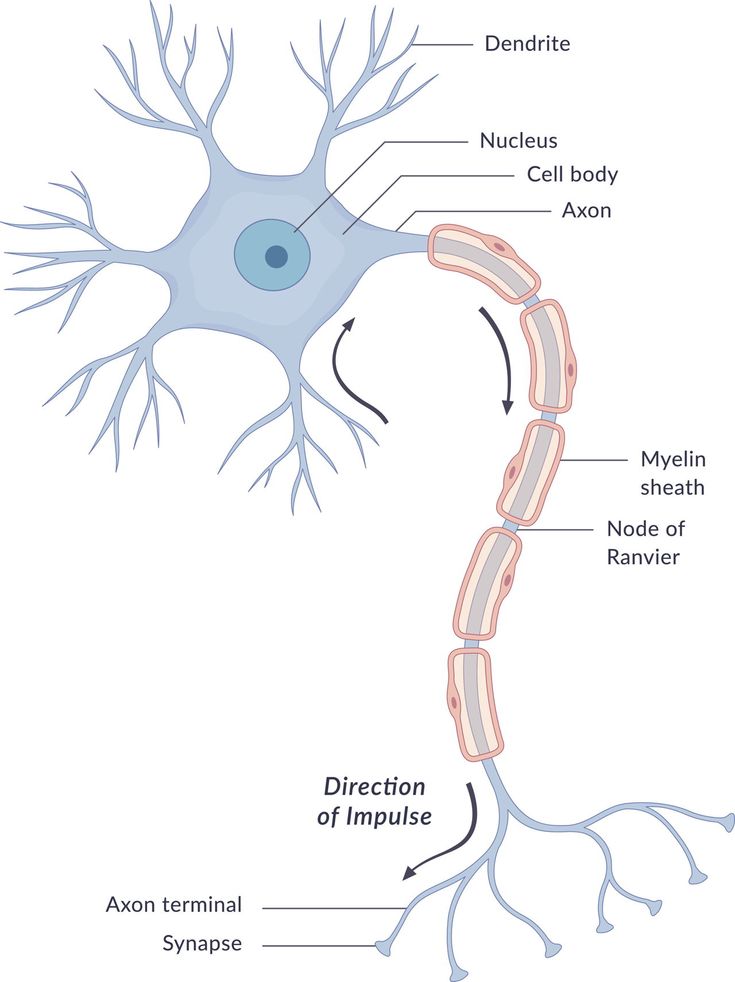 If you're in a particularly challenging situation, ask yourself "What can I learn from this situation that will help me in the future?"
If you're in a particularly challenging situation, ask yourself "What can I learn from this situation that will help me in the future?"Practice the task you are nervous about. If you have the time, try practicing what makes you nervous. By running through your presentation, speech, or meeting, you’ll demystify much of the process, and identify any weak spots which you can improve before the real thing.
Listen to music - especially any tunes that remind you of positive moments or induce happy feelings. Music can have a distinct effect on calming both the mind and body, and this technique can work even if you only have a few minutes to calm yourself.
Speak to someone you trust about how you feel. Talking about mental health at work may seem taboo, but it promotes a more open culture, in which support can be given more freely. As the old saying goes - a problem shared is a problem halved.
Understand that it’s ok to be vulnerable.
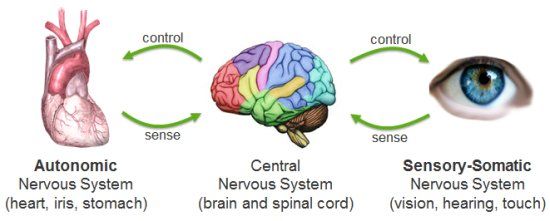 Feeling nervous can in fact demonstrate a number of positive qualities that you may not have considered - that you care for what you’re doing, your job role, and that you wish to do a good job.
Feeling nervous can in fact demonstrate a number of positive qualities that you may not have considered - that you care for what you’re doing, your job role, and that you wish to do a good job.Get some fresh air. Removing yourself from the current environment that makes you feel nervous, and taking a walk around the block can provide an opportunity to return to you usual heart rate, steady your stream of thoughts, and also provide a moment in nature (if you’re in a green area).
Arrive early. If you’re planning to attend meeting or interview and feeling nervous, aim to be early - potentially so early that you can familiarise yourself with the local area, sit down, and have a moment to yourself beforehand. This will help you to visualise the process before it happens, you can guarantee you will arrive on time, and you’ll be eager to sit down and get the process over and done with by the time it’s your slot.
Get a drink of water or even take a tea break.
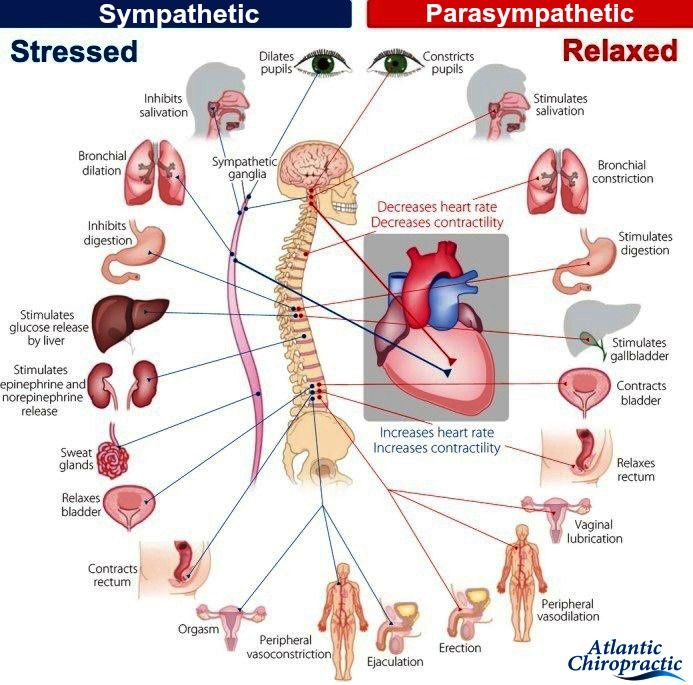 The combination of doing something mundane, and keeping your mouth from getting dry, are both brilliant ways to reduce nervousness.
The combination of doing something mundane, and keeping your mouth from getting dry, are both brilliant ways to reduce nervousness.If you feel nervous often, it may be worth reading up on the effects of overwhelm and learning how to best manage its effects
Practice mindfulness - it’s something big blue chip businesses are actively promoting within their teams, and if practiced on a regular basis, can provide you with the tools to feel calmer in your work. Mindfulness can be anything from writing down how you feel, to spending a few minutes meditating.
Know that you are not alone - many people feel nervous in similar situations, and you may even find fellow coworkers also share your nerves. While this isn’t a positive fact, it is one we at Calmer are working to reduce. Right now, it may be worth discovering how stress manifests itself, and more specifically, stress in entrepreneurs.
Take a break from social media for the time-being - recent studies have found that social media is not only addictive, but it can also make us feel more negatively about ourselves.
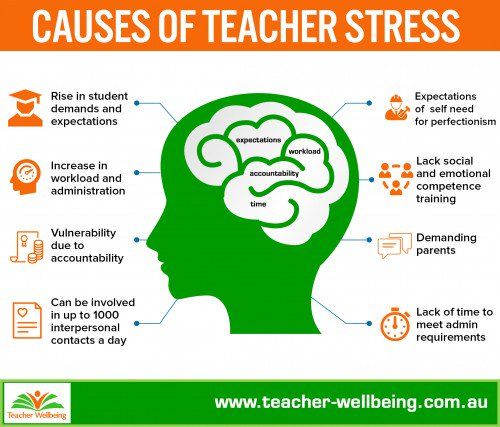 If you find social media heightens your nerves, it may be time to take a break, or change your social media habits for good.
If you find social media heightens your nerves, it may be time to take a break, or change your social media habits for good.Take a course in stress-management and burnout prevention. The Reignite Project is our free course, focusing on exactly that! Over the period of 10 weeks, you’ll receive research-led information on stress and burnout, and how to best manage your symptoms.
Consider trying one of our Mindfulness Ecourses. Our bespoke ecourses are drawn from evidence-based research and aim to empower you to nurture good mental health in all aspects of your life. Discover guides and insights for stress relief, better sleep, daily kindness and daily mindfulness - each are available individually or as a whole package.
5 Ways to Beat Pre-performance Nerves (for Teens)
Reviewed by: KidsHealth Medical Experts
Psychology (Behavioral Health) at Nemours Children's Health
en español 5 formas de afrontar los nervios anticipatorios
Lots of people stress out about talking in front of the class or getting laughed at if they make a mistake in front of an audience. Feeling nervous before a performance is natural — and part of your body's way of helping you do your best. The "stress hormones" (like adrenaline) that your body produces at times like these can actually help you focus.
Feeling nervous before a performance is natural — and part of your body's way of helping you do your best. The "stress hormones" (like adrenaline) that your body produces at times like these can actually help you focus.
But when worry and stress about performing get to be too much, these hormones give people that "red alert" feeling — the one that causes you to feel cold or sweaty, get butterflies in your stomach, or feel like you can't think straight.
These tips can help you manage that feeling:
- Be prepared. You're less likely to freeze up if you're well prepared. Rehearse as much as you can and practice — alone or in front of others — at every opportunity. Practice until you feel relaxed and ready. Nothing calms nerves like the confidence that comes from knowing you're prepared.
- Psych yourself up. Instead of dwelling on what could go wrong, rev up some positive energy. Watch a football team before they run onto the field.
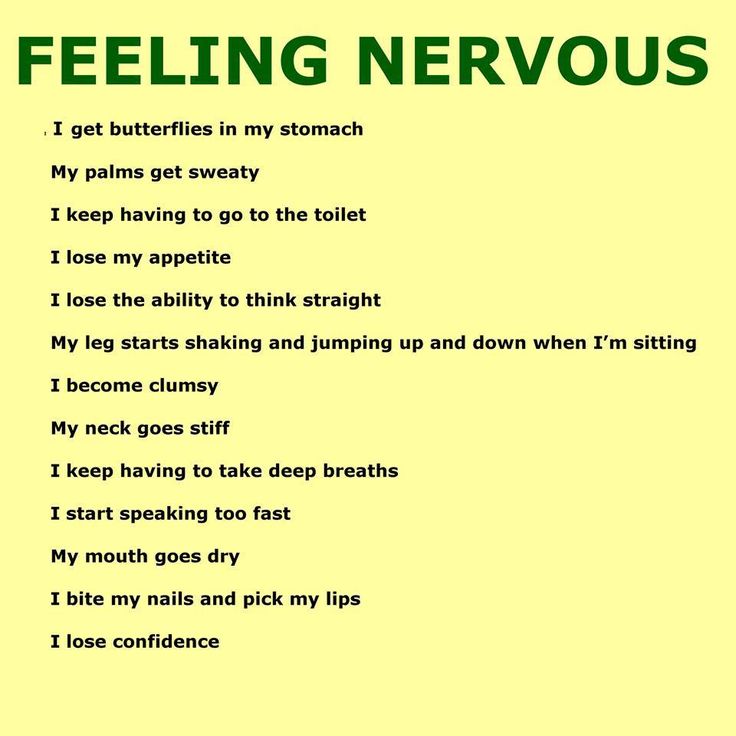 They get in a group and pray or sing a team song to pump themselves up with positive energy and team spirit. You can do this whether you're performing alone or as part of a group. Have a friend give you a pep talk. Give yourself one too. Tell yourself, "I got this!" "I'm ready to do this — here goes!" or, "This is going to be fun!"
They get in a group and pray or sing a team song to pump themselves up with positive energy and team spirit. You can do this whether you're performing alone or as part of a group. Have a friend give you a pep talk. Give yourself one too. Tell yourself, "I got this!" "I'm ready to do this — here goes!" or, "This is going to be fun!" - Learn ways to chill. Young performers, such as Olympic gymnasts and music soloists, talk about how important it is to prepare for the pre-performance jitters as well as the performance itself. At certain types of competitions, there's quite a wait before it's your turn to perform. Some people take along inspirational photos, put together a playlist to help them relax, or learn yoga and breathing techniques to help them feel calm. Some people need to be active to relax, others need to be still and calm. Find out what technique works for you, then make a plan to use it in the downtime before a big performance.
- Don't be afraid of the nervous feeling.
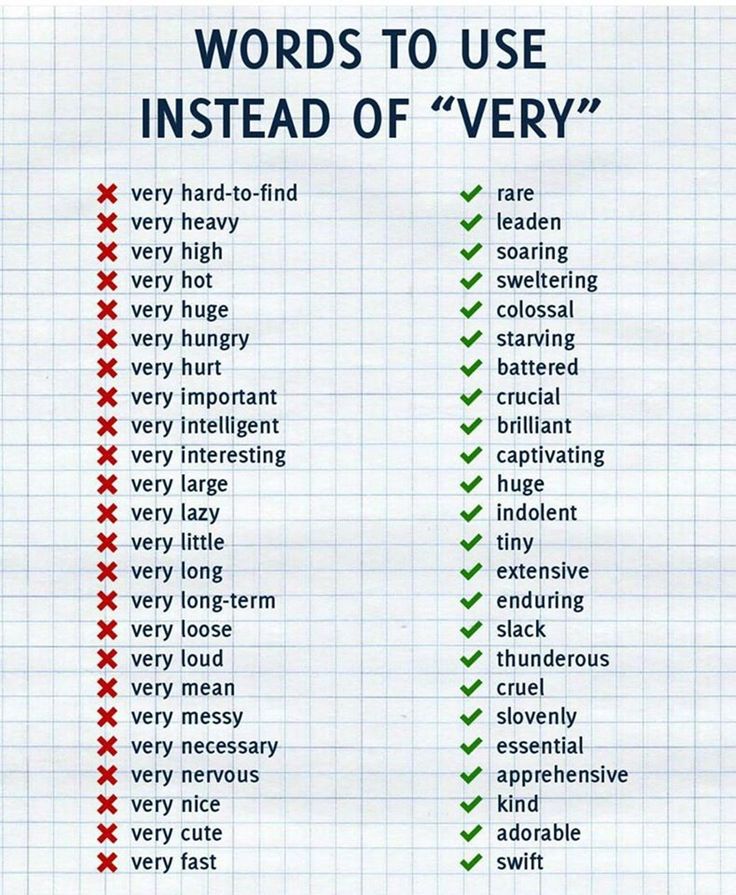 When you feel performance jitters, don't freak out! Don't let the feeling stop you or intimidate you. Just let it be there. Remind yourself it's natural, just your nervous system revving up to get you ready and set to go. Know that it's up to you to manage it to your advantage. Use your positive pep-talk and calming strategies to do just that. Then, go for it!
When you feel performance jitters, don't freak out! Don't let the feeling stop you or intimidate you. Just let it be there. Remind yourself it's natural, just your nervous system revving up to get you ready and set to go. Know that it's up to you to manage it to your advantage. Use your positive pep-talk and calming strategies to do just that. Then, go for it! - Look after yourself. Before big performances it's easy to let taking care of yourself slip as you spend too much time on rehearsals and practice. You'll look and feel your best if you get enough sleep and eat healthy meals before your performance. Exercise can also help you feel good, and along with sleep and nutrition, is an excellent way of keeping those stress hormones from getting out of control.
Reviewed by: KidsHealth Medical Experts
I'm nervous a lot. What to do? — Meduza
1
What happened?
Nothing, but you worry and worry all the time. You feel like something irreparable is about to happen. In fact, feeling anxious is completely natural. If a person was not afraid of anything and did not worry about anything, he simply could not recognize potentially dangerous situations and, as a result, protect himself. Another issue is that constant worry is exhausting, significantly reduces the quality of life and sometimes causes unpleasant symptoms, such as abdominal pain and intestinal upset. Together with the manufacturer of Duspatalin® 135 mg, an antispasmodic used in irritable bowel syndrome, we are looking for simple and effective ways to help bring unpleasant symptoms under control.
You feel like something irreparable is about to happen. In fact, feeling anxious is completely natural. If a person was not afraid of anything and did not worry about anything, he simply could not recognize potentially dangerous situations and, as a result, protect himself. Another issue is that constant worry is exhausting, significantly reduces the quality of life and sometimes causes unpleasant symptoms, such as abdominal pain and intestinal upset. Together with the manufacturer of Duspatalin® 135 mg, an antispasmodic used in irritable bowel syndrome, we are looking for simple and effective ways to help bring unpleasant symptoms under control.
2
So what should I do? Do yoga?
You can do yoga, or you can just take a walk in the park. People who move a lot have lower levels of anxiety than people who lead a sedentary lifestyle. Not without reason, WHO recommends at least 150 minutes per week of moderate-intensity aerobic exercise. For example, you can dance or ride a bike for 30 minutes five times a week, the main thing is to enjoy the exercises.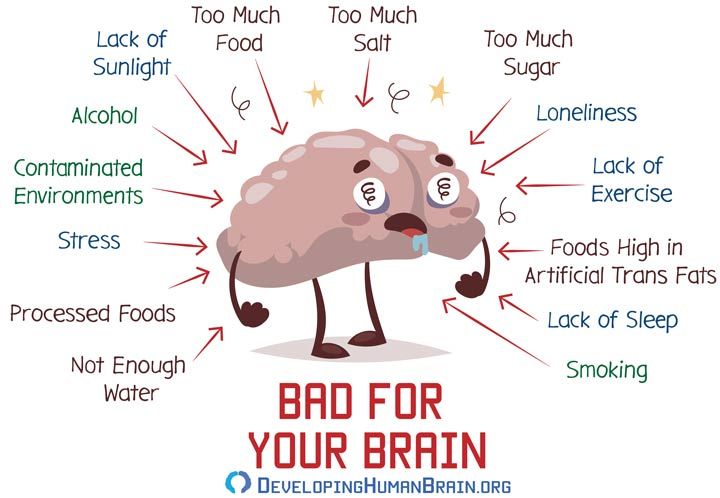
3
I am already doing breathing exercises - will this help?
Yes. Breathing exercises are so-called relaxation methods, their purpose is to help a person calm down. Deep breathing helps to slow down the heartbeat and lower blood pressure when a person is anxious. Exercises can be done in any convenient place and in any convenient position. Here is an example of such an exercise: slowly, without much effort, inhale air through the nose (you can count to five in the process), and then exhale through the mouth (also counting to five).
4
What about meditation? The magazines write that it is useful.
That's right. Meditation is also one of the relaxation methods. Of course, it is not a universal remedy, but it can help in the fight against stress, as well as in the treatment of anxiety disorder (but, of course, as concomitant measures).
5
In general, my grandmother drank valerian in such cases. Maybe it will help me too?
As you wish. Existing data are conflicting. Valerian is considered safe (in recommended doses), but it is not recommended to drink it for more than a couple of weeks: the effect on the body with long-term use has not been studied. Plus, it is important to understand that valerian, like other herbal sedatives, has side effects. In any case, before taking such drugs, you should talk to your doctor (especially if you are already taking other medications).
Existing data are conflicting. Valerian is considered safe (in recommended doses), but it is not recommended to drink it for more than a couple of weeks: the effect on the body with long-term use has not been studied. Plus, it is important to understand that valerian, like other herbal sedatives, has side effects. In any case, before taking such drugs, you should talk to your doctor (especially if you are already taking other medications).
6
Maybe you should listen to music?
We don't know. It is too early to claim that it helps to cope with anxiety and anxiety. There is not enough data yet, although there are some studies on this subject. In one of them, the authors conclude that in preparation for surgery, music reduces anxiety levels better than sedative drugs.
7
What else can you do?
Sleep well and enough (and ideally wake up without an alarm) - lack of sleep exacerbates the situation and makes anxious people even more anxious. Eat a balanced diet and take rest breaks. Plus, you should not withdraw into yourself: communication with loved ones, stable and deep social ties help you feel safe. A hobby or learning a skill—whether it's drawing or a new language—helps you enjoy life more and boosts your self-esteem.
Eat a balanced diet and take rest breaks. Plus, you should not withdraw into yourself: communication with loved ones, stable and deep social ties help you feel safe. A hobby or learning a skill—whether it's drawing or a new language—helps you enjoy life more and boosts your self-esteem.
8
What better not to do?
Do not abuse coffee and cigarettes: they will only make things worse. The same goes for alcohol: yes, it can temporarily alleviate feelings of anxiety, but all attempts to stop worrying thanks to alcohol are a direct path to alcohol addiction.
9
Okay, but what if nothing helps?
Go to the doctor. Anxiety that does not go away for a long time can be a sign of an anxiety disorder. In addition to relaxation techniques and regular exercise, the doctor may suggest psychotherapy, such as cognitive behavioral therapy. This method helps to identify and change the beliefs that interfere with the perception of reality. With the help of cognitive behavioral therapy, you can learn to control your emotional state and act consciously.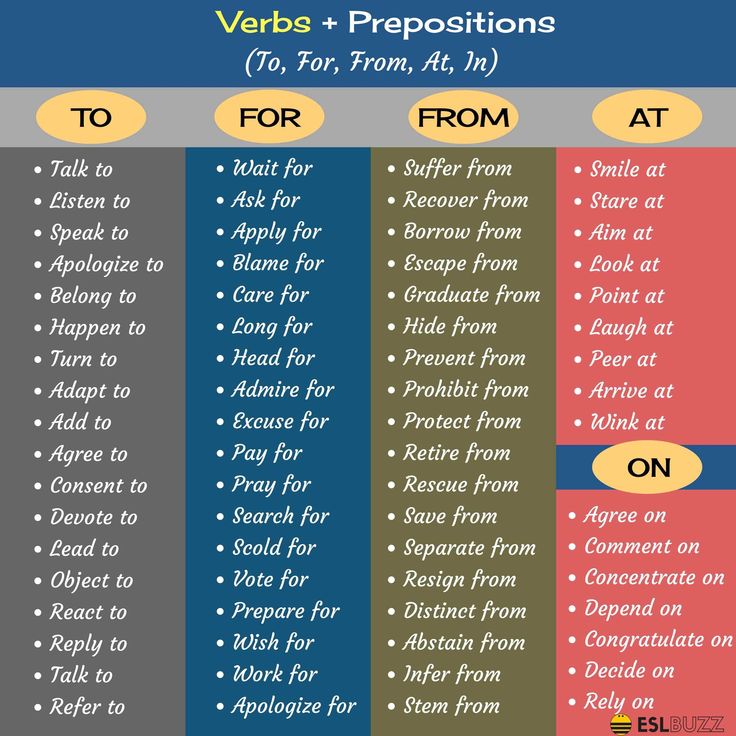 In some situations, drug therapy, such as antidepressants, may also be required.
In some situations, drug therapy, such as antidepressants, may also be required.
10
Can your stomach hurt because of stress?
Yes. Many people want to go to the toilet at the most inopportune moment - before an interview or public speaking. This is believed to be due to the fight-or-flight response. Under stress, digestion processes in the stomach and small intestine slow down, and the muscles of the large intestine, on the contrary, begin to contract more strongly, so you want to go to the toilet. Usually this condition passes quickly, and the same relaxation methods can help. If the bowel behaves unpredictably several times a month, this may indicate irritable bowel syndrome (IBS). Only a doctor can rule out other causes of such symptoms and make an accurate diagnosis.
11
Irritable bowel syndrome - what is it like?
This is the name given to a condition in which pain, stool disorders (diarrhea or constipation), flatulence and bloating occur periodically.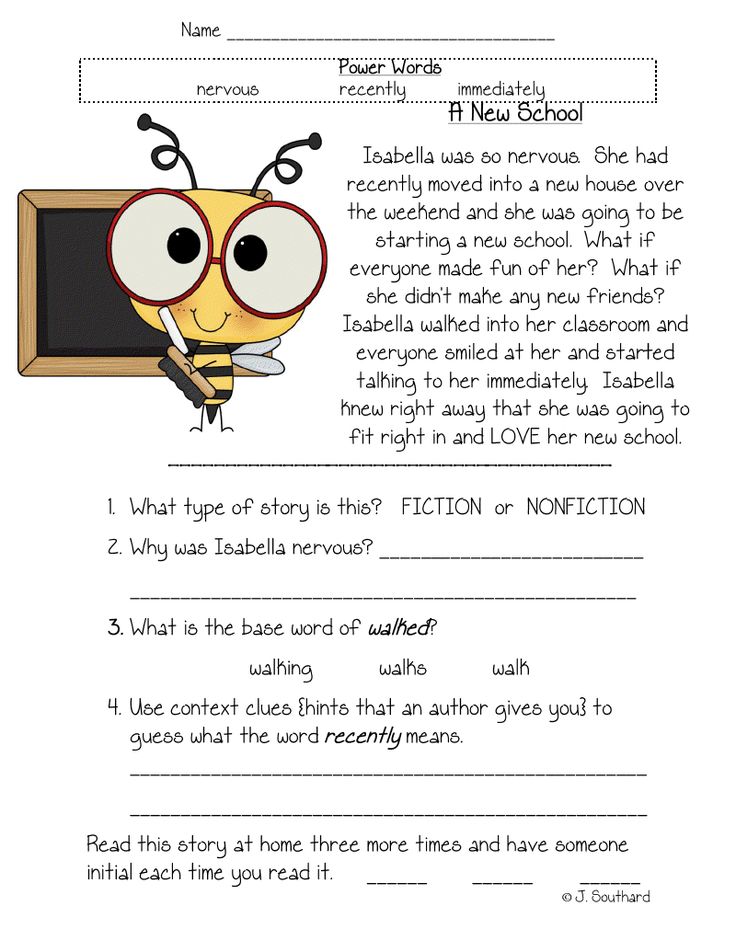 Unpleasant symptoms bother for at least three months and are not associated either with the quality of food or with pathological changes in the structure of the intestine. IBS is not classified as a dangerous condition: it does not affect life expectancy and does not lead to other diseases. But this, of course, is no reason not to do anything.
Unpleasant symptoms bother for at least three months and are not associated either with the quality of food or with pathological changes in the structure of the intestine. IBS is not classified as a dangerous condition: it does not affect life expectancy and does not lead to other diseases. But this, of course, is no reason not to do anything.
Up to 20% of people in the world experience irritable bowel symptoms. And there are different ways of treatment. Sometimes a doctor may advise you to keep a food diary, so that later you can prescribe a diet that excludes a certain product from the diet, which provokes an exacerbation of symptoms. In some cases, psychotherapy can help. For treatment, drugs are also used that help control unpleasant symptoms from the digestive system.
Duspatalin® 135 mg can be used when the symptoms of IBS interfere with normal life. In IBS, spasms can cause diarrhea or constipation. The drug was developed specifically for the treatment of a complex of symptoms of IBS.It has a direct effect on the smooth muscles of the gastrointestinal tract, relieving spasm. This helps to restore normal bowel function, eliminate pain, stool disorders and flatulence. The recommendations of the medical communities say that the duration of treatment for IBS is at least four weeks (usually this is enough to evaluate the effectiveness of therapy).
There are contraindications, it is necessary to consult a specialist. How to calm down and not be nervous? 10 Ways to Stay Calm
articleContentWe become nervous in situations that we consider either life-threatening or responsible. Many people take time to learn inner peace, and some only start learning it when the stress becomes constant.
How to calm down and not be a victim in critical situations - later in the material.
1. Contact with water
Washing dishes is a free hypno-psychotherapy session. The noise of clean running water will relieve fatigue and take with it all the "dirt", not only household.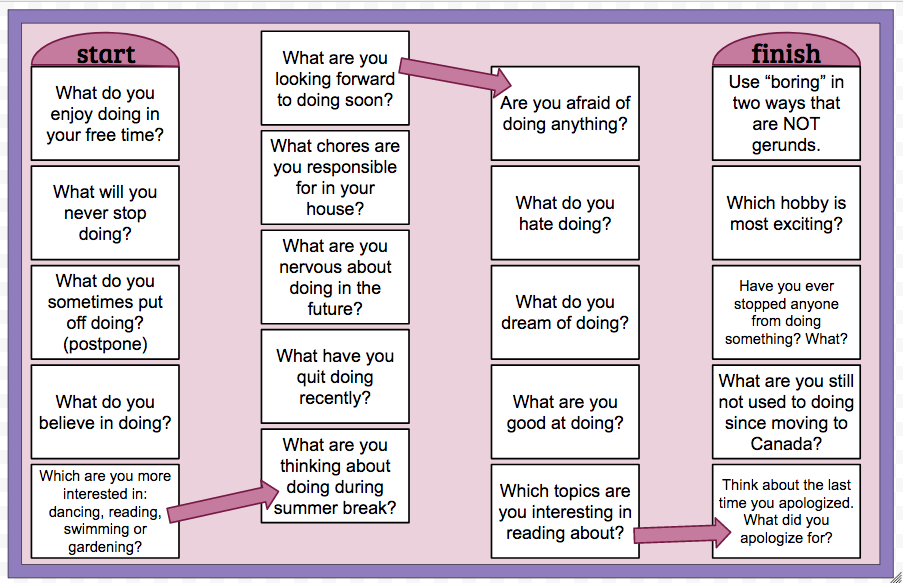
In addition to washing dishes, there is a well-known classic: take a bath, shower, go to the bathhouse, go early in the morning or in the evening - swim in the sea, in the river, in the lake, to the source. Freshen up.
SEE ALSO: How to get along with teenagers
2. Count to 10
Just count to ten. Slowly. Controlling your inhalations and exhalations. So recommended by doctors and sports coaches.
articleContent 3. Normal sleep
Try to sleep at least 7 hours a day. The optimal duration of sleep is 8-9 hours. If you can't get enough sleep every day, be sure to do so at least once a week.
READ ALSO: How to stop postponing happiness
4. Cry
Crying relieves stress. During this process, along with the tear fluid, toxic substances that are formed under the influence of stress hormones leave the body. If you can’t cry, come up with a compassionate topic for this.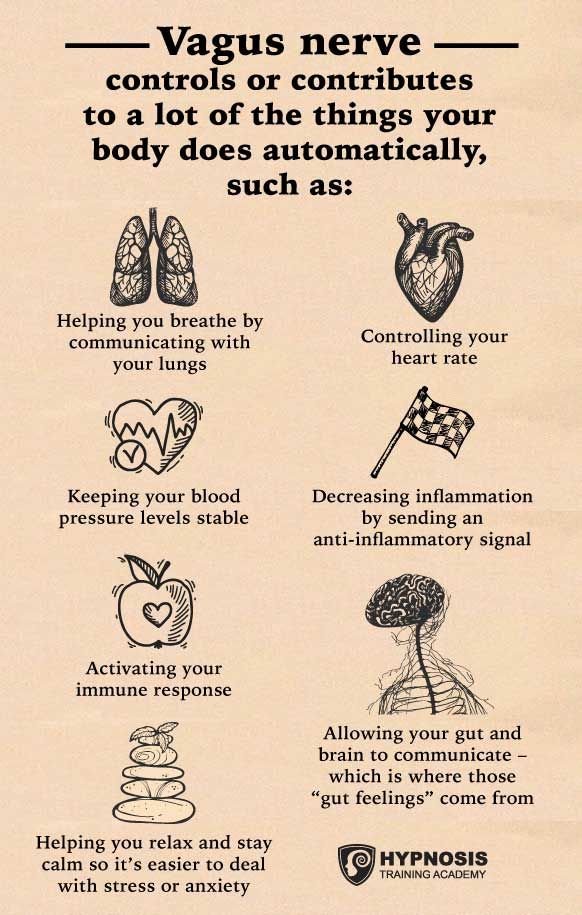
READ ALSO: How to Catch the Bird of Happiness: 5 Important Steps
0003 As a rule, we get annoyed over trifles - traffic jams, bus delays, queues at the store, bad weather. Remember: what matters is how we feel about a situation, not what actually happens. 6. Massage the head and face A large number of nerve endings are concentrated on the head and many people unconsciously, nervously, run through the hair and do a light massage. Do it consciously: “walk” your fingers like a comb over the scalp from the forehead to the back of the head. Rub your cheeks and forehead with massage movements, rub your temples in a circular motion away from you. articleContent READ ALSO: Receive or give: What does it take to be happy? 7. Aromatherapy Pleasant aromas affect our sense of smell and have a powerful calming effect. To create an atmosphere of kindness and good mood, sprays, aroma sticks and aroma lamps are suitable.
